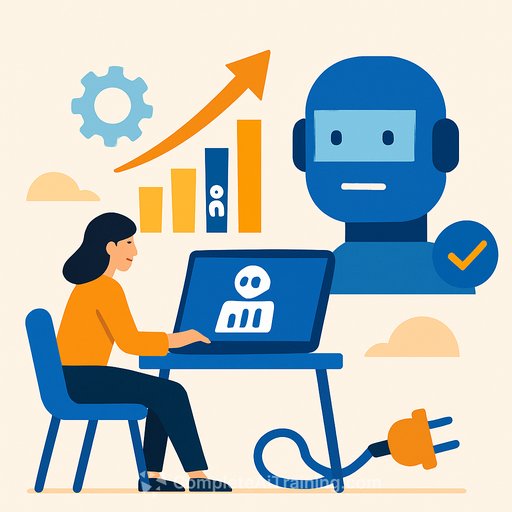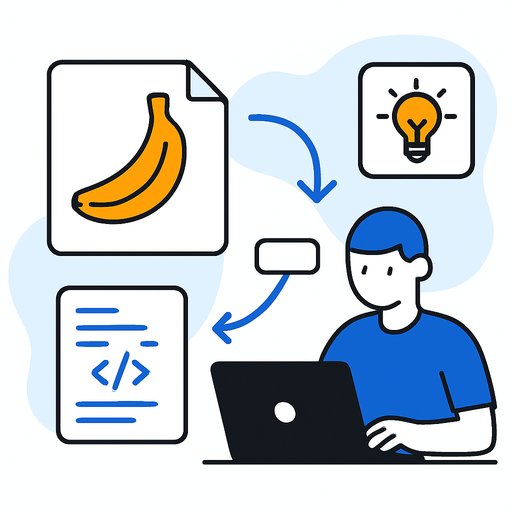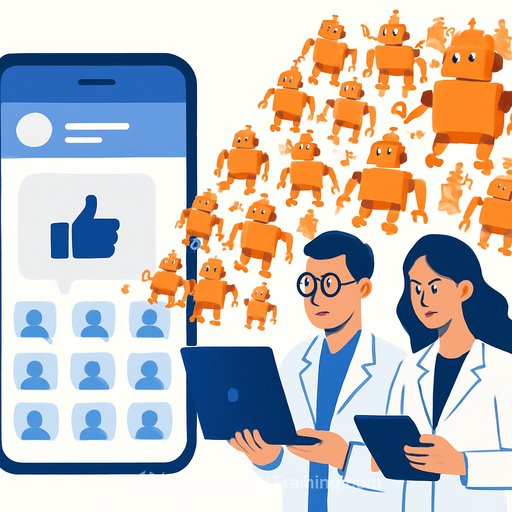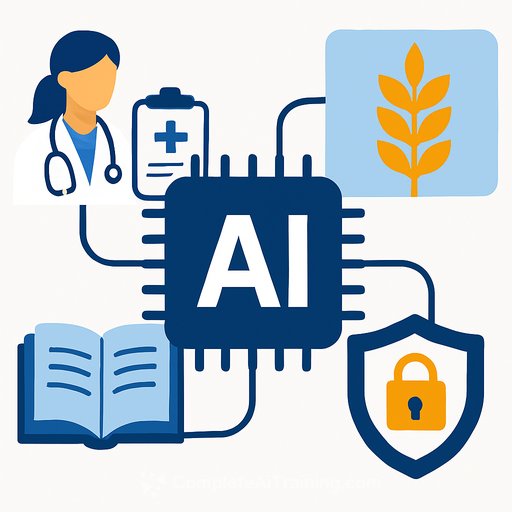Why MIT Disavowed a Paper Highlighting AI’s Productivity Benefits
As enthusiasm for AI grows among tech giants like Microsoft and Google, many assume the technology's workplace benefits are well established. However, a widely cited academic paper supporting this view is now facing serious scrutiny.
In 2024, an MIT economics doctoral student published a paper titled “Artificial Intelligence, Scientific Discovery, and Product Innovation”. It claimed that AI tools introduced at a large, unnamed materials science lab accelerated scientific discovery and increased patent filings. Recently, MIT took the unusual step of stating that the paper should be “withdrawn from public discourse.”
The university cited concerns about the paper’s integrity, a serious issue that calls into question the honesty and reliability of its data and analysis. Economists at MIT who had previously praised the paper later described its findings as “already known” and noted it lacked peer-reviewed publication. MIT has requested arXiv, the open-access platform where the paper was posted, to remove it, emphasizing that accurate research records are essential given the paper’s influence on AI-related discussions. The student author is no longer affiliated with MIT.
Why This Matters to Researchers
This paper received extensive media attention and was frequently cited as evidence of AI’s transformative impact on scientific work. AI’s role in speeding up repetitive research tasks has been recognized for some time, and companies like Google have launched AI systems specifically aimed at supporting scientists in hypothesis generation and planning.
Still, the MIT paper’s conclusions clash with other recent studies showing limited productivity gains from AI in the workplace. Research from the University of Chicago’s Becker Friedman Institute found that AI tools from major providers yielded an average time saving of just 2.8%. A National Bureau of Economic Research paper studying Danish companies reported similar results, with time savings around 3% and only a small fraction of productivity gains translating into higher wages.
Additional surveys from the UK reveal mixed feelings about AI adoption. While 56% of full-time professionals view AI positively, 61% feel overwhelmed by its rapid development. Research from workplace communication platform Slack found that nearly half of desk workers hide their AI use due to fears of being perceived as cheating or less competent.
What This Means for Your Work
AI is still developing, and expectations about its benefits should be tempered by emerging evidence and experiences. The MIT incident highlights the need to critically evaluate research claims before making strategic decisions about AI deployment.
If you are considering integrating AI into your research or workplace, be prepared for modest productivity improvements initially and potential challenges with acceptance among colleagues. Balancing optimism with caution will help manage expectations and plan implementation wisely.
For those interested in practical AI skills and understanding AI tools in the workplace, resources like Complete AI Training’s courses offer targeted learning paths to navigate AI adoption effectively.
Your membership also unlocks:





